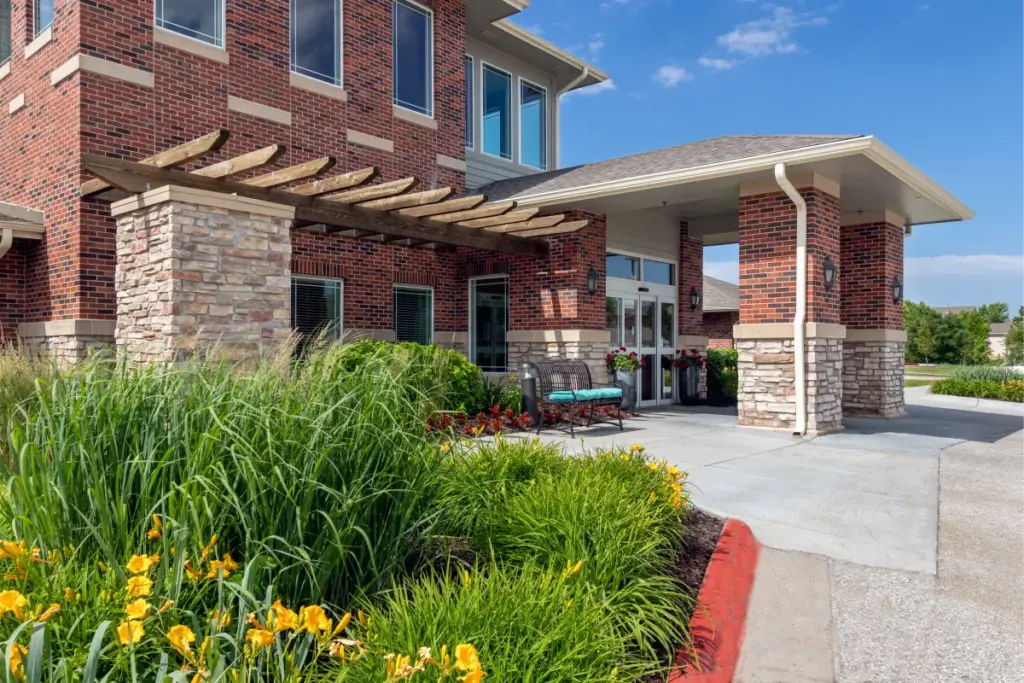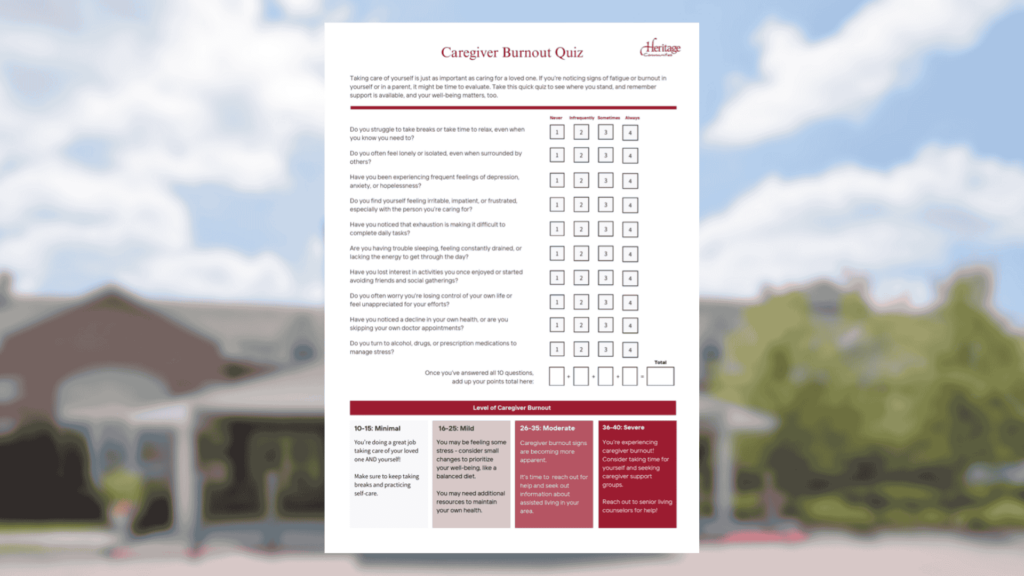Senior Health: The Importance of Nutrition
Cooking for one or two can seem like more work than it’s worth at any age, but especially for seniors. When an older adult has a health condition, such as osteoarthritis or Parkinson’s disease, that makes meal preparation more challenging. If you are an adult child, you may find yourself wondering what your parent eats...

Cooking for one or two can seem like more work than it’s worth at any age, but especially for seniors. When an older adult has a health condition, such as osteoarthritis or Parkinson’s disease, that makes meal preparation more challenging.
If you are an adult child, you may find yourself wondering what your parent eats and how healthy their diet is. It’s a common concern, as poor nutrition has been shown to result in loss of strength, weakened bones, and decreased muscle mass, which ultimately contributes to falls. It can also put a senior at risk for other health conditions, including malnutrition, dehydration, diabetes, heart disease, cancer, and obesity.
Understanding the guidelines for senior nutrition, as well as the barriers that prevent older adults from eating well-balanced meals, is important. In honor of National Nutrition Month, recognized in March each year, we take a look at nutrition for seniors.
Nutrition for Senior Health: Tools and Tips for Planning
Researchers at Tufts University are considered the leading experts in the field of senior nutrition. They’ve developed a resource called MyPlate for Older Adults, with videos, visual cue sheets, recipes and more. Families may find this to be a helpful guide in conversation with loved ones.
Another comprehensive resource is Make Every Bite Count from the U.S. Department of Health and Human Services (HHS) and the U.S. Department of Agriculture (USDA). It outlines dietary requirements by age and stage in life, from childhood to senior years.
These guidelines say it’s important for older adults to incorporate the following foods into their meal planning:
- Nutrient-dense foods, such as dark green, orange, and red vegetables, along with lentils, beans, fruits, and peas
- Whole, enriched grains and cereals fortified with vitamin D
- Low- and nonfat dairy products, including Greek yogurt, almond milk, and cheese
- Dry beans and heart-healthy nuts, like almonds, walnuts, and cashews
- Fish, poultry, lean meat, and eggs, are all good sources of protein
- Liquid vegetable oils, olive oil, and soft spreads that are low in saturated and trans fat
- Eight to ten glasses of water each day
Equally important is knowing what foods and beverages to limit or avoid in your diet, such as:
- Alcohol: Too much alcohol consumption is linked to heart disease, stroke, and some types of cancer. The experts say men should drink no more than two alcoholic beverages a day and women just one. If you are someone who likes to indulge, talk with your primary care physician for further guidance on how much is too much.
- Sugar: Americans consume an average of three times more sugar a day than is considered healthy. Much of it comes from snack foods and beverages. How much is too much? The American Heart Association’s sugar guidelines say men should consume no more than 9 teaspoons or 150 calories of added sugar per day, and women just 6 teaspoons or 100 calories. For perspective, a 12-ounce soda typically contains 8 teaspoons of added sugar.
- Bad fats: While some fat in our diet is needed to deliver fat-soluble vitamins throughout the body, keep skin supple, and promote heart health, too much or the wrong kinds of fat can negatively impact health. High consumption of fat, which the USDA guidelines say is greater than 25% to 35% of daily calories, is linked to cardiac disease, type 2 diabetes, and more. Unsaturated fats are considered to be healthy ones. They are found in fatty fish, walnuts, and flaxseeds.
It’s a lot to understand, and for some seniors, it’s just too much work to prepare healthy meals at home. That’s one more reason to consider moving to a senior living community.
Senior Living Communities Promote Healthy Nutrition
One of the many benefits offered by senior living communities is easy access to healthy meals. At Heritage Communities, residents enjoy three home-cooked meals each day. They are prepared fresh by our community chefs daily to ensure meals are both delicious and nutritious.
The best way to learn more about our dining program is to join us for a meal. Call the Heritage Communities location nearest you to schedule a time!






